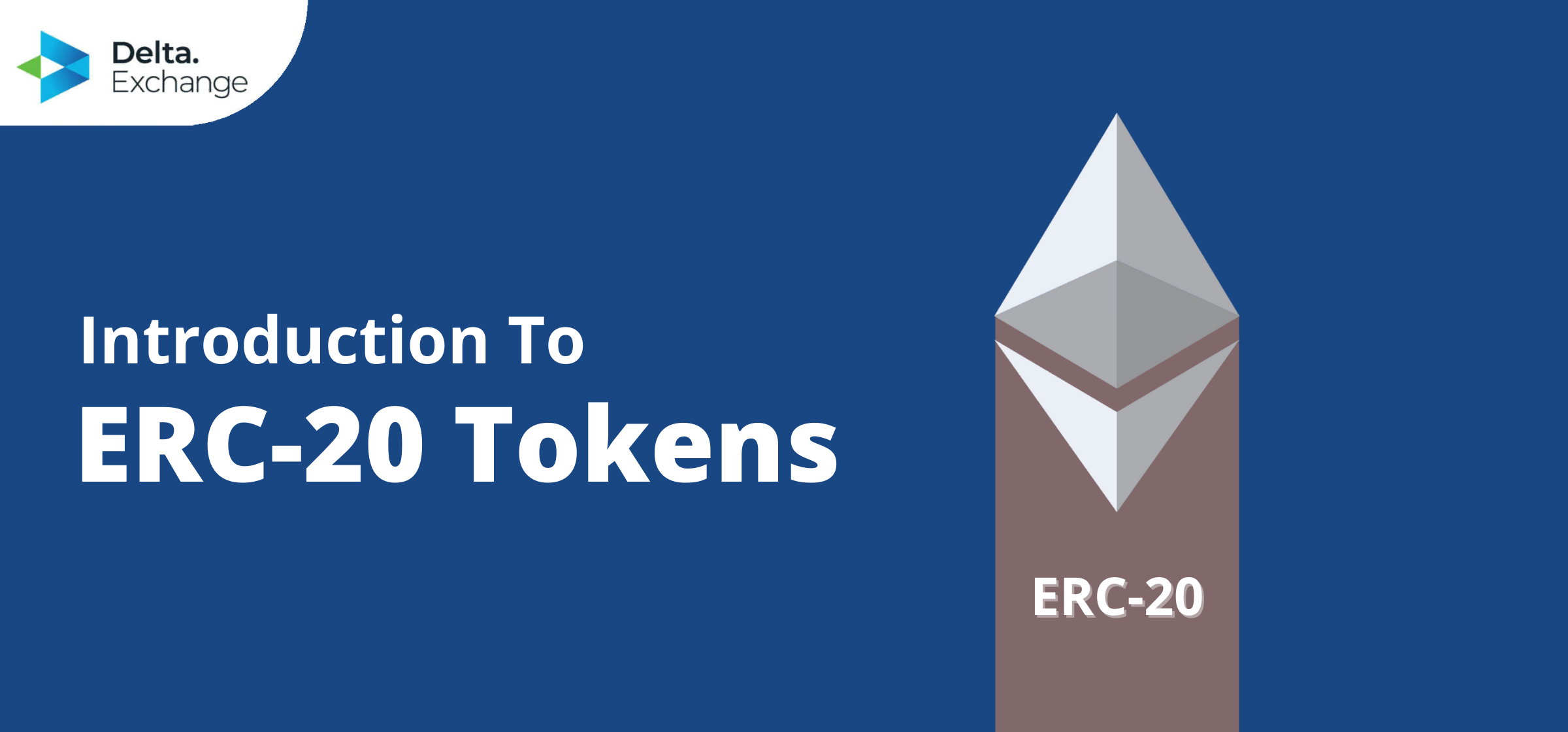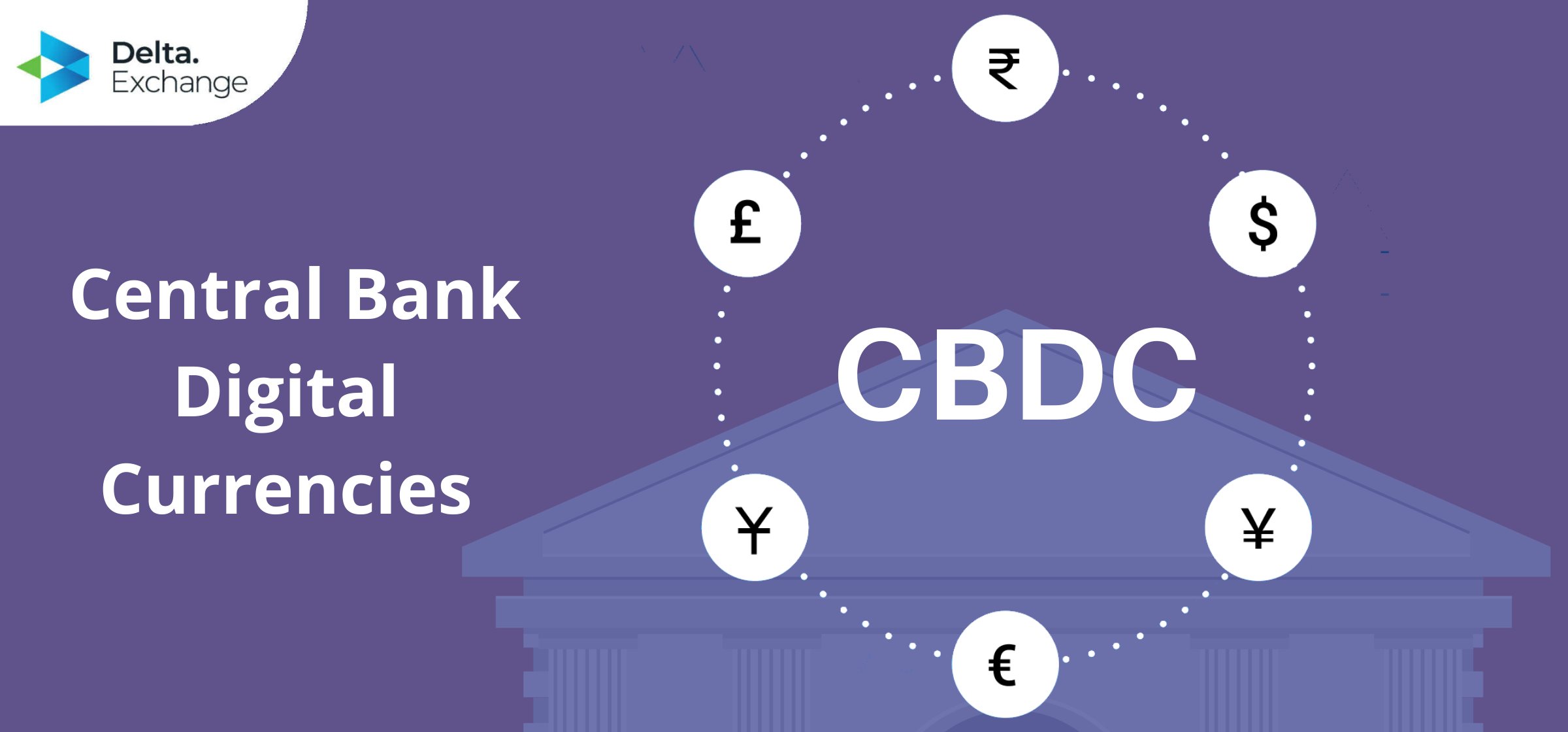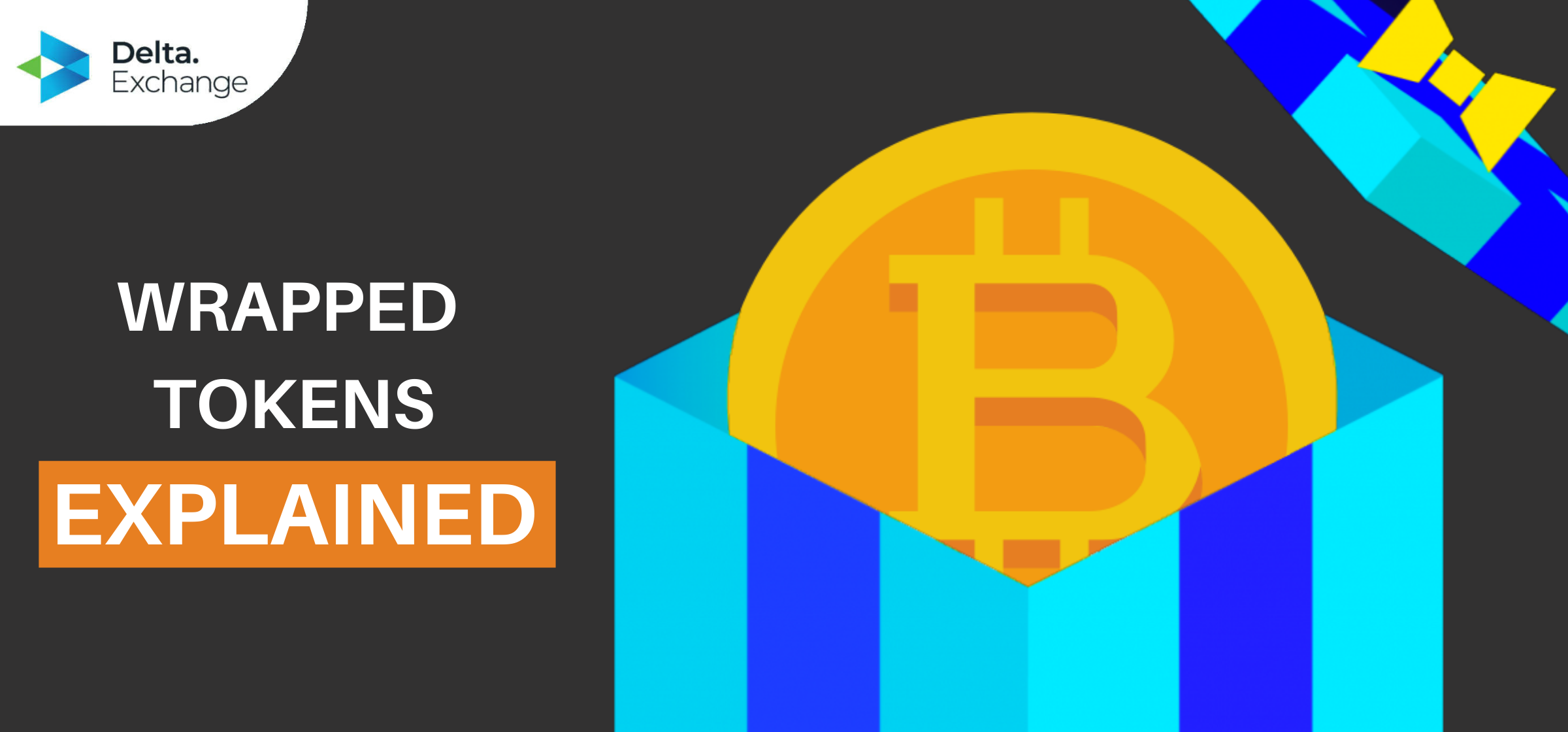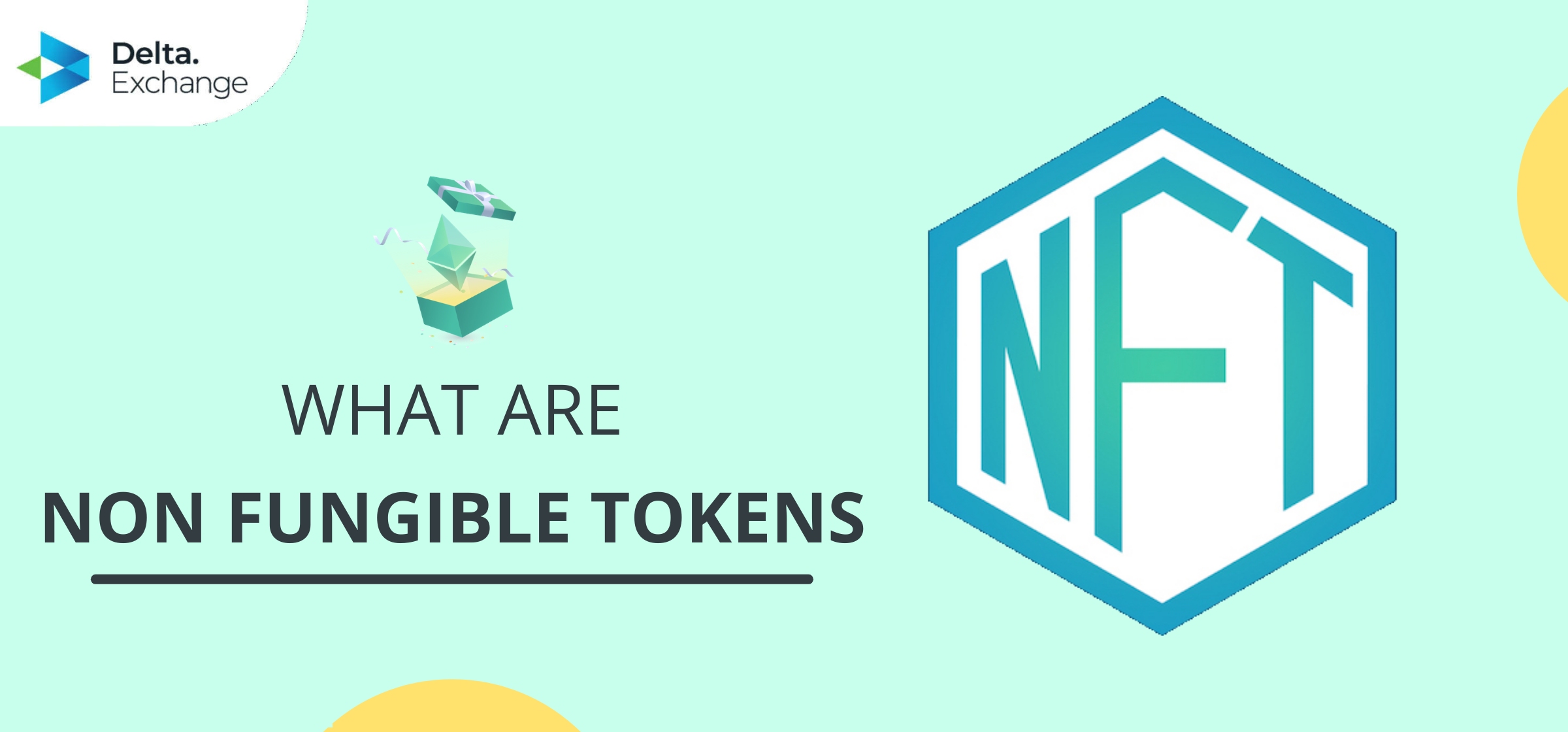Educational
May 11, 2021
Introduction to ERC-20 Tokens
Shubham GoyalProduct Specialist
Launched back in 2015, Ethereum might not yet have the same level of fame in the real world that the OG crypto Bitcoin has, but within the DeFi (decentralized finance) space, Ethereum is by far the most popular blockchain platform for project developers and traders alike. Within the Ethereum ecosystem, crypto tokens may symbolize a broad assortment of virtual or real-world assets.
The ERC-20 tokens are a particular kind of Ethereum token that follow the ERC-20 token standard brought forth by the platform. If you are not yet familiar with these ERC-20 tokens, in this post we give you all the details regarding ERC-20 tokens you might not be aware of yet.
To Start off, What Are ERC-20 Tokens?
ERC-20 tokens are one of the most prominent Ethereum tokens. These tokens are developed to be used only on top of the Ethereum blockchain, and so every single crypto token on the Ethereum blockchain is an ERC-20 token. To put it simply, ERC-20 can be called the universal language for all crypto tokens within the Ethereum ecosystem.
The ERC-20 token standard has, in fact, come to be the technical standard on Ethereum. It is now used for all the smart contracts within the Ethereum ecosystem, to be utilized for token implementation. The ERC-20 token standard comes up with a set of regulations that all Ethereum tokens have to abide by, so that they can be shared, traded out for other tokens, and transferred to a supported cryptocurrency wallet.
The ERC-20 tokens are not much unlike Bitcoin and some of the other popular altcoins in some aspects. Ethereum tokens too are essentially blockchain-based virtual crypto tokens which possess value and can be exchanged between traders and sent to crypto wallets. However, there’s one basic distinction: instead of being active on their own respective blockchain platforms, all ERC-20 tokens are issued and used only on the Ethereum blockchain as Ethereum tokens.
Smart contracts on the Ethereum platform are used to create Ethereum tokens, as well as allow the transactions of these tokens, and document the balances of the tokens in an account.
As mentioned before, the ERC-20 token standard lays down a specific set of rules to be followed by Ethereum tokens, and defines many things including how the ERC-20 tokens can be transferred between traders, how the Ethereum token transactions are approved, how users can access the data about a particular token, and the maximum supply of tokens to be in circulation.
Ethereum tokens help developers operating on the platform to realize how newer tokens will function within the overall Ethereum ecosystem. Therefore, ERC-tokens make their jobs much easier, since every single project existing on top of the Ethereum platform already would not require to be redesigned or updated every time a new Ethereum token is introduced. So long as they follow all the rules set forth by the ERC-20 token standard, that is. The compliance makes sure of the compatibility between all the existing and forthcoming Ethereum tokens.
In today’s crypto market, a majority of the well-known crypto tokens are ERC-20 tokens.
Benefits of ERC-20 Tokens
The best thing about the ERC-20 token standard is that it makes everything a whole lot simpler for both project developers on various platforms and crypto traders and investors. For instance, before a standard for Ethereum tokens was defined, developers were using different terminologies in their codes, which reduced compatibility between different blockchain platforms. Even all the cryptocurrency exchange and wallets had to build their systems so as to accommodate the codes for as many crypto tokens as possible, as well as update their platforms frequently for new tokens to be added.
But as mentioned before, with the universal ERC-20 token standard, Ethereum tokens are compatible with all projects on Ethereum. Once they have been created, ERC-20 tokens can be put on an exchange platform, or sent across to a crypto wallet address automatically.
As an additional benefit, the ERC-20 token standard also makes it super easy for developers to create new Ethereum tokens. That is one of the primary reasons that Ethereum now stands as the most popular blockchain platform within the DeFi space.
Examples of ERC-20 Tokens
According to the stats, as of the beginning of May 2021, there are already near 397,000 ERC-20 tokens in existence on top of the Ethereum blockchain. Many of the well-known cryptocurrencies to employ the ERC-20 token standard include MakerDAO (MKR), EOS (EOS), Tron (TRX), the Basic Attention Token (BAT), Augur (REP), and OmiseGO (OMG).
The native utility token of the Delta Exchange platform, the Delta Exchange Token or DETO is also an example of an ERC-20 token. The DETO Ethereum token is aimed to power Delta Exchange as a utility and rewards token, and it is integrated throughout the value chain of the exchange protocol.
At Delta, our plan for DETO is to include the best of both worlds, that is, the best features from both CeFi (centralized finance) and DeFi. Some unique features of the DETO token include:
- Trade Farming: Traders can earn DETO tokens in proportion to the trading they perform on Delta Exchange.
- Liquidity Mining: You can go for liquidity pools in the single currency AMM pools (BTC and USDT) on Delta.
- Robo-Trading: Users can generate DETO as reward by investing in the trading strategy pools on the Delta platform.
- Minimum Support Price or MSP: The Delta Exchange will accept DETO as trading fees for a price of greater than or equal to $0.10.
- Buy backs: The Delta Exchange platform also plans to use a part of the trading fees accumulated by the platform to buy back DETO.
- Staking and Exchange Utility: You will be able to stake DETO on Delta, use the coin as margin for your trades, and more.
To find out more about DETO, you can visit our website here!
On Delta Exchange, you can trade crypto derivatives on Bitcoin, DeFi coins as well as 60+ Altcoins.
FuturesTrade Futures & Perpetual Swaps on 25+ crypto assets, with up to 100x leverage
OptionsTrade call, put or MOVE options on BTC, ETH, BNB and LINK
Interest Rate SwapsInterest rate derivatives that enable swap of fixed-floating rates
Mock Trading PlatformLearn Crypto Derivatives trading without risking real capital
Research & AnalyticsExclusive data, charts and analytics to help you trade smarter













